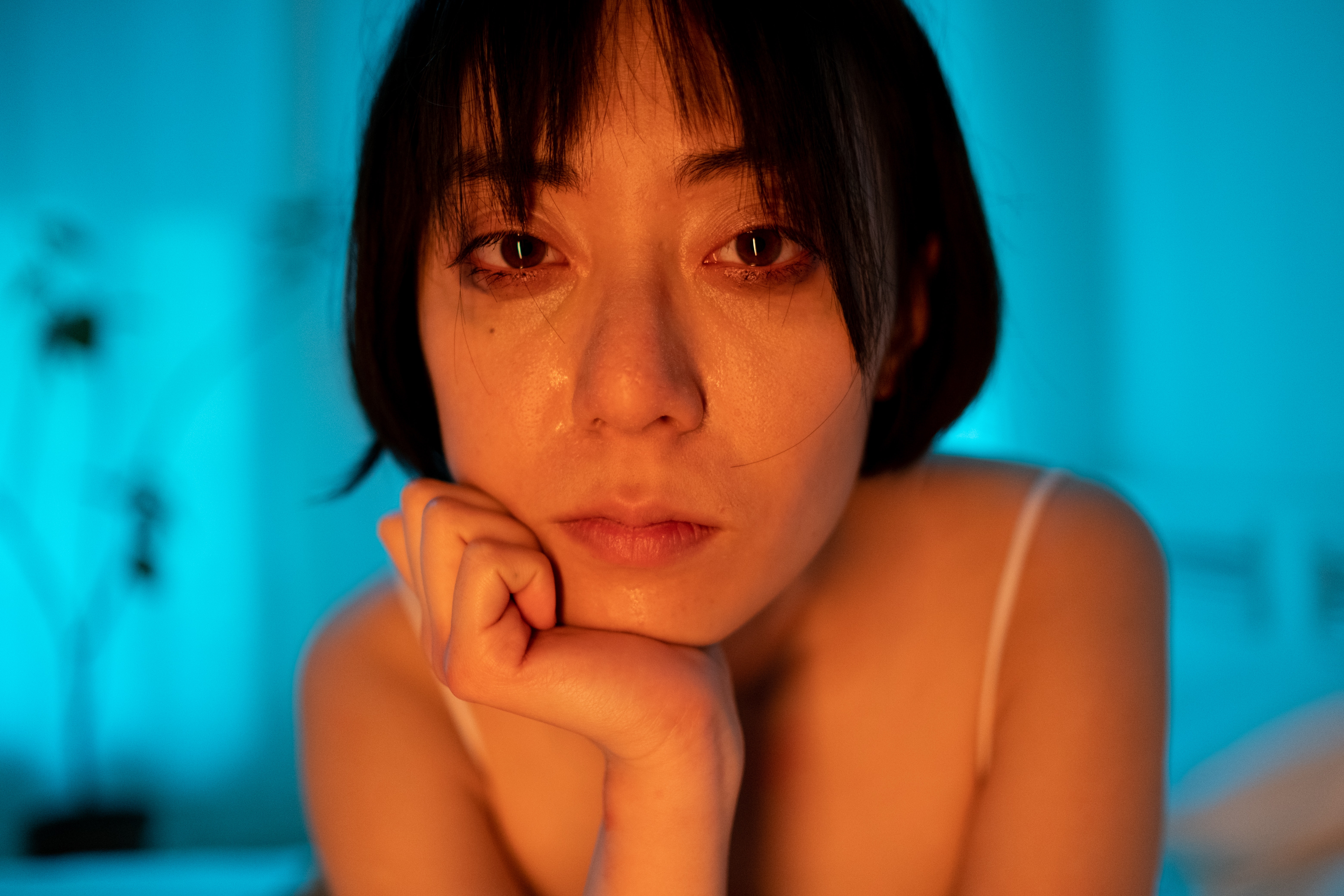
In Part One of this series, I minted a new term for the way our brain is destabilised by dopamine producing behaviours and stress. Dopamine Deficit Syndrome (DDS) occurs when we repeatedly stimulate the reward or stress circuits. We develop a tolerance for dopamine which is a semi-permanent rewiring of our brain. It increases the amount of dopamine required to make us feel normal. We develop a tolerance for risk and reward. Now something must be extra dangerous or extra rewarding or we will ignore it. Now our normal levels of dopamine are not enough. Not enough to reward us, not enough to scare us and not enough to keep our attention in general. That rewired state pushes us into addiction, anxiety and depression and sleep is the first step on the pathway out.
You may not feel like you have an addiction, are under stress, are anxious or depressed, but if you persistently have trouble getting to sleep or staying asleep, there is a very good chance you are on that destructive pathway. Sleep, or rather the lack of it, is the canary in the coal mine for damage to our dopamine pathways. It is the very first sign of DDS.
Anxiety and depression are the two primary outcomes of DDS. They arise when the amount of dopamine we produce is not sufficient in comparison to the level our brain thinks it needs. And how much it thinks it needs is determined by how much dopamine stimulation we generally engage in.
We can directly stimulate dopamine using substances like sugar, nicotine, cocaine and methamphetamines or we can do it using software designed for that purpose such as social media, gaming and gambling apps. However we do it, the more we hit the dopamine button the more we need.
When we are sleep deprived our brain generates more dopamine, so a home grown ‘solution’ to DDS is to stay awake. Insomnia is an early warning sign of DDS. Our body attempts to fill the dopamine deficit by making more dopamine. Higher baseline levels of dopamine initially make us feel less depressed but will also make it very hard for us to sleep.
Our desire to sleep is driven by a hormone called melatonin. When it gets dark, we produce more meltonin and start to feel like sleeping. Dopamine inhibits melatonin production and keeps us awake, no matter how tired we feel. This in turn produces more dopamine but it is a vicious cycle. Too much dopamine causes lack of sleep which causes too much dopamine.
This is why, somewhat paradoxically, sleep deprivation therapy is sometimes used to treat depression. About half of all depressed patients who miss one night’s sleep experience a rapid reduction in symptoms of depression. Unfortunately, the effect is very short-lived, with around 80% of those that benefit relapsing as soon as they get a good night’s sleep.
Dopamine can only keep us awake for so long. Eventually, we crash. and that just makes the problem worse because all the extra dopamine increased our adaptation to it and the level of our DDS. Given this, it is not surprising that there is a very strong association between depression and sleep disorders. A significant UK study found that 97% of people suffering from diagnosed depression also suffer at least one sleep disturbance symptom. Seven in ten suffered from diagnosable insomnia.
The majority believed their sleep problems started at the same time as their depression but major studies on sleep deprivation have shown that insomnia is a strong predictor of depression before there are enough other symptoms to make a diagnosis. Some researchers have even suggested that depression should not be the diagnosis where there is no sign of insomnia.
Sleep deprivation works as a short-term antidepressant because the increase in dopamine levels is enough to lift us out of the DDS trough that is depression. Drugs that increase dopamine, such as Ritalin, Levodopa or cocaine, have the same short-term effect. The downside to this quick relief is that, of course, the body responds by ratcheting up our need for dopamine, making depression even worse in the longer term. The real answer is that sleep, and not sleep deprivation, is part of the cure to the reward pathway failure caused by DDS.
The problem is that to sleep more we need to cure DDS and in order to cure DDS we need to sleep more. The answer to that conundrum lies in serotonin. Serotonin is the opposite to dopamine in the way it makes us feel. Dopamine makes us edgy and ready for reward. Seratonin is the reward. Serotonin is always present in the background. It is in large part responsible for our overall mood, but when we achieve something, we get a spike in serotonin that suppresses the stimulating effect of the dopamine and makes us feel calm, happy and sleepy. We stop chasing and start enjoying. Serotonin is the neurotransmitter that makes us feel good after sex, after a good meal or after achieving a goal. Bad things could be happening all around us but the serotonin surge will make us feel content. It is also required as a building block for the brain’s manufacture of melatonin.
We need to seek our behaviours which are inherently rewarding, not just dopamine-producing.
This gives us some insight into things we can do which combat addition. We need to seek our behaviours which are inherently rewarding, not just dopamine-producing. Artificial dopamine stimulants do not produce the serotonin hit that real life rewards do. To receive the serotonin hit we need to have real sex instead of porn, real socialisation instead of social media and real endorphin producing exercise instead of gaming.
The start of the cure to DDS is to sleep more. And the way to sleep more, is not to get our dopamine hits from simulations and drugs but from the real life activities they mimic.

















Recent Comments